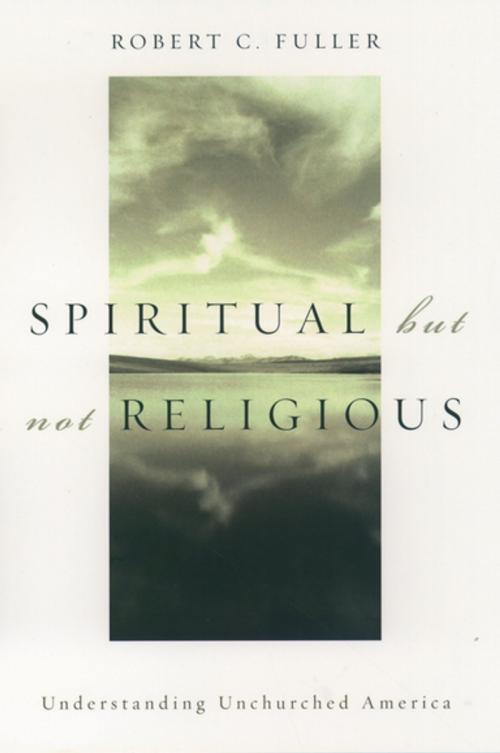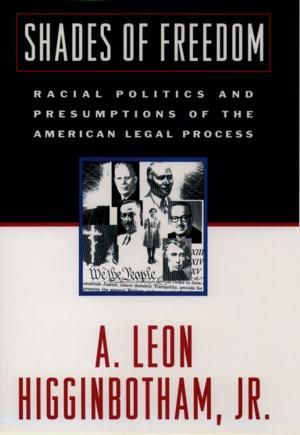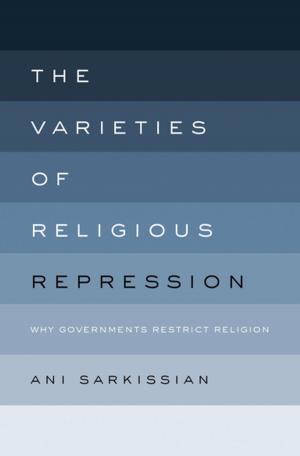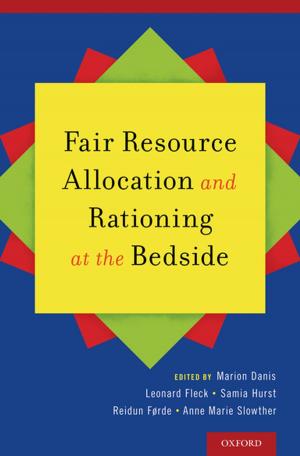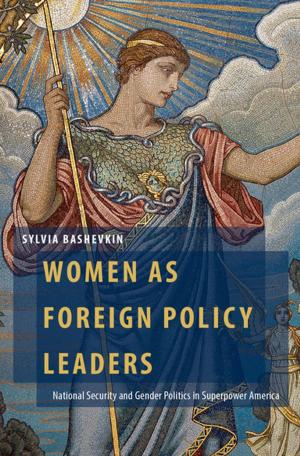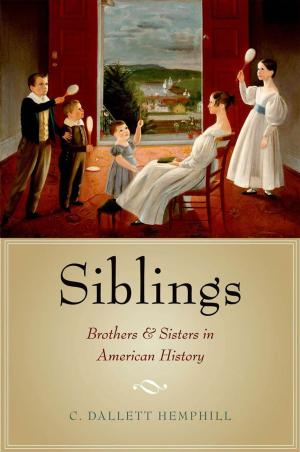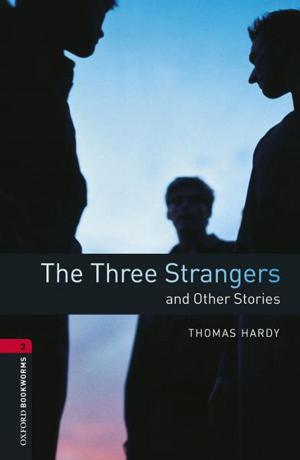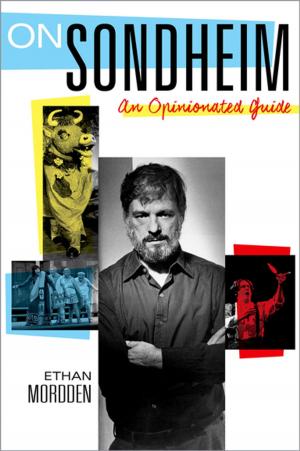Spiritual, but not Religious
Understanding Unchurched America
Nonfiction, Religion & Spirituality, Reference, Psychology of Religion, Bible & Bible Studies, New Age| Author: | Robert C. Fuller | ISBN: | 9780199839582 |
| Publisher: | Oxford University Press | Publication: | December 20, 2001 |
| Imprint: | Oxford University Press | Language: | English |
| Author: | Robert C. Fuller |
| ISBN: | 9780199839582 |
| Publisher: | Oxford University Press |
| Publication: | December 20, 2001 |
| Imprint: | Oxford University Press |
| Language: | English |
Nearly 40% of all Americans have no connection with organized religion. Yet many of these people, even though they might never step inside a house of worship, live profoundly spiritual lives. But what is the nature and value of unchurched spirituality in America? Is it a recent phenomenon, a New Age fad that will soon fade, or a long-standing and essential aspect of the American experience? In Spiritual But Not Religious, Robert Fuller offers fascinating answers to these questions. He shows that alternative spiritual practices have a long and rich history in America, dating back to the colonial period, when church membership rarely exceeded 17% and interest in astrology, numerology, magic, and witchcraft ran high. Fuller traces such unchurched traditions into the mid-nineteenth century, when Americans responded enthusiastically to new philosophies such as Swedenborgianism, Transcendentalism, and mesmerism, right up to the current interest in meditation, channeling, divination, and a host of other unconventional spiritual practices. Throughout, Fuller argues that far from the flighty and narcissistic dilettantes they are often made out to be, unchurched spiritual seekers embrace a mature and dynamic set of basic beliefs. They focus on inner sources of spirituality and on this world rather than the afterlife; they believe in the accessibility of God and in the mind's untapped powers; they see a fundamental unity between science and religion and an equality between genders and races; and they are more willing to test their beliefs and change them when they prove untenable. Timely, sweeping in its scope, and informed by a clear historical understanding, Spiritual But Not Religious offers fresh perspective on the growing numbers of Americans who find their spirituality outside the church.
Nearly 40% of all Americans have no connection with organized religion. Yet many of these people, even though they might never step inside a house of worship, live profoundly spiritual lives. But what is the nature and value of unchurched spirituality in America? Is it a recent phenomenon, a New Age fad that will soon fade, or a long-standing and essential aspect of the American experience? In Spiritual But Not Religious, Robert Fuller offers fascinating answers to these questions. He shows that alternative spiritual practices have a long and rich history in America, dating back to the colonial period, when church membership rarely exceeded 17% and interest in astrology, numerology, magic, and witchcraft ran high. Fuller traces such unchurched traditions into the mid-nineteenth century, when Americans responded enthusiastically to new philosophies such as Swedenborgianism, Transcendentalism, and mesmerism, right up to the current interest in meditation, channeling, divination, and a host of other unconventional spiritual practices. Throughout, Fuller argues that far from the flighty and narcissistic dilettantes they are often made out to be, unchurched spiritual seekers embrace a mature and dynamic set of basic beliefs. They focus on inner sources of spirituality and on this world rather than the afterlife; they believe in the accessibility of God and in the mind's untapped powers; they see a fundamental unity between science and religion and an equality between genders and races; and they are more willing to test their beliefs and change them when they prove untenable. Timely, sweeping in its scope, and informed by a clear historical understanding, Spiritual But Not Religious offers fresh perspective on the growing numbers of Americans who find their spirituality outside the church.
